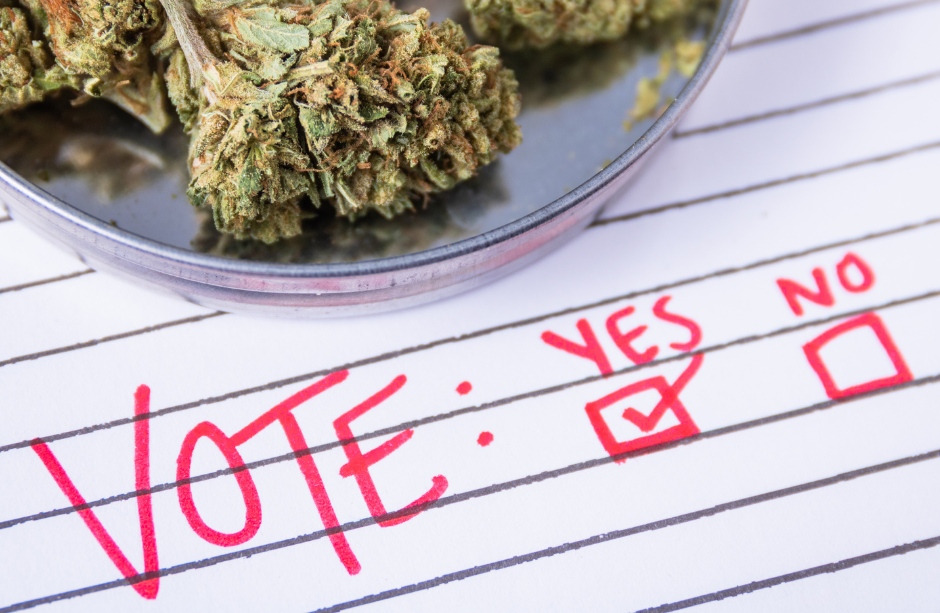With the COVID-19 pandemic throwing a wrench in their plans for cannabis policy last year, lawmakers and state regulators are pushing for big changes in 2021. The Newsom Administration is working towards a consolidation of the three licensing authorities (see the latest analysis by the Legislative Analyst’s Office). At the same time, legislators continue to push hard for significant policy changes that will undoubtedly interact with the governor’s proposal. Some of the standout bills introduced by legislators involve hemp, delivery, and provisional licenses.
Hemp
The battle between the cannabis and hemp industries continues this year with the introduction of AB 45 (Aguiar-Curry) and SB 235 (Allen), identical bills that seek to regulate hemp. The bills allow the use of hemp-derived extracts, including CBD, to be added to dietary supplements, food, beverages, cosmetics, or pet food. They also ban all smokable and inhalable hemp products. The authors hope to stimulate the economy while creating a regulatory structure for hemp that prioritizes consumer safety. Similar legislation has failed in the past two years due in part to pushback from the cannabis industry, which has some stakeholders advocating for a framework that allows cannabis and hemp to be manufactured and sold on the same premises, and for parity in the manner in which the two products are regulated. AB 45 and SB 235 supporters are hoping for the bills to be incorporated into the state budget to allow for them to be enacted as early as July of this year. SB 235 is set to be heard in the Senate Health Committee on March 10; AB 45 has no hearing date as of the time this article was written.
Delivery
With COVID-19 restrictions increasing the demand for contactless retail interactions, some cannabis delivery operators are interested in loosening current restrictions on the maximum value of goods that can be carried in a delivery vehicle. AB 1014 (McCarty) creates value tiers of cannabis products based on delivery vehicle type. The amount for cars would be capped at $15,000, of which a maximum of $10,000 would not have to be already associated with a sale. The limit for cargo vans would be $25,000, with a $17,000 maximum value of items not pre-sold. The current limits are $5,000 for total products and $3,000 for products not already associated with a sale. While the bill requires the California Highway Patrol to develop transportation safety standards associated with the proposed tiers, the proposal is likely to receive heavy pushback from public safety advocates. AB 1014 has not been referred to a policy committee yet.
Provisional Licenses
Three years into licensing, California still struggles to find a streamlined way to assist cannabis licensees through the requirements of the California Environmental Quality Act (CEQA). As annual licenses are tied to CEQA compliance, and the state’s authority to issue provisional licenses is expiring at the end of the year, industry advocates are eager to address the problem. SB 59 (Caballero) kicks the can down the road by extending the sunset six years to January 1, 2028. If enacted, the bill will help current licensees continue to operate, however it fails to address the root of the problem, which involves how the state and locals categorize cannabis businesses under CEQA. The language may face opposition from environmental groups who do not want the delays to eventually develop into an exemption for the industry. The bill is currently in the Senate Business, Professions and Economic Development Committee but has not been assigned a hearing date as of the time this article was written.
The big questions are will any of these proposals, in full or in part, be included in the consolidation efforts by the Administration, and if not, how will this legislation be impacted by the shift to one department? Nicole Elliot, senior advisor on cannabis to Governor Newsom, has actively engaged with stakeholders over various proposals, but it is still unclear what may be built into the May revision of the state budget. Due to this uncertainty, it is important to proponents to continue moving forward with legislation as a fallback, and for opponents to stay engaged. Though Governor Newsom has historically been a staunch supporter of the cannabis industry, it is difficult to say how aggressive he will be in the regulatory overhaul. Given the challenges he currently faces with the COVID-19 pandemic, it is possible that he will want to provide his administration more time to consider the proposals and prefer to see them develop further through the legislative process.
Contact us for help preparing for this new legislation as it applies to your cannabis business.
Disclaimer: This article has been prepared and published for informational purposes only and is not offered, nor should be construed, as legal advice.

